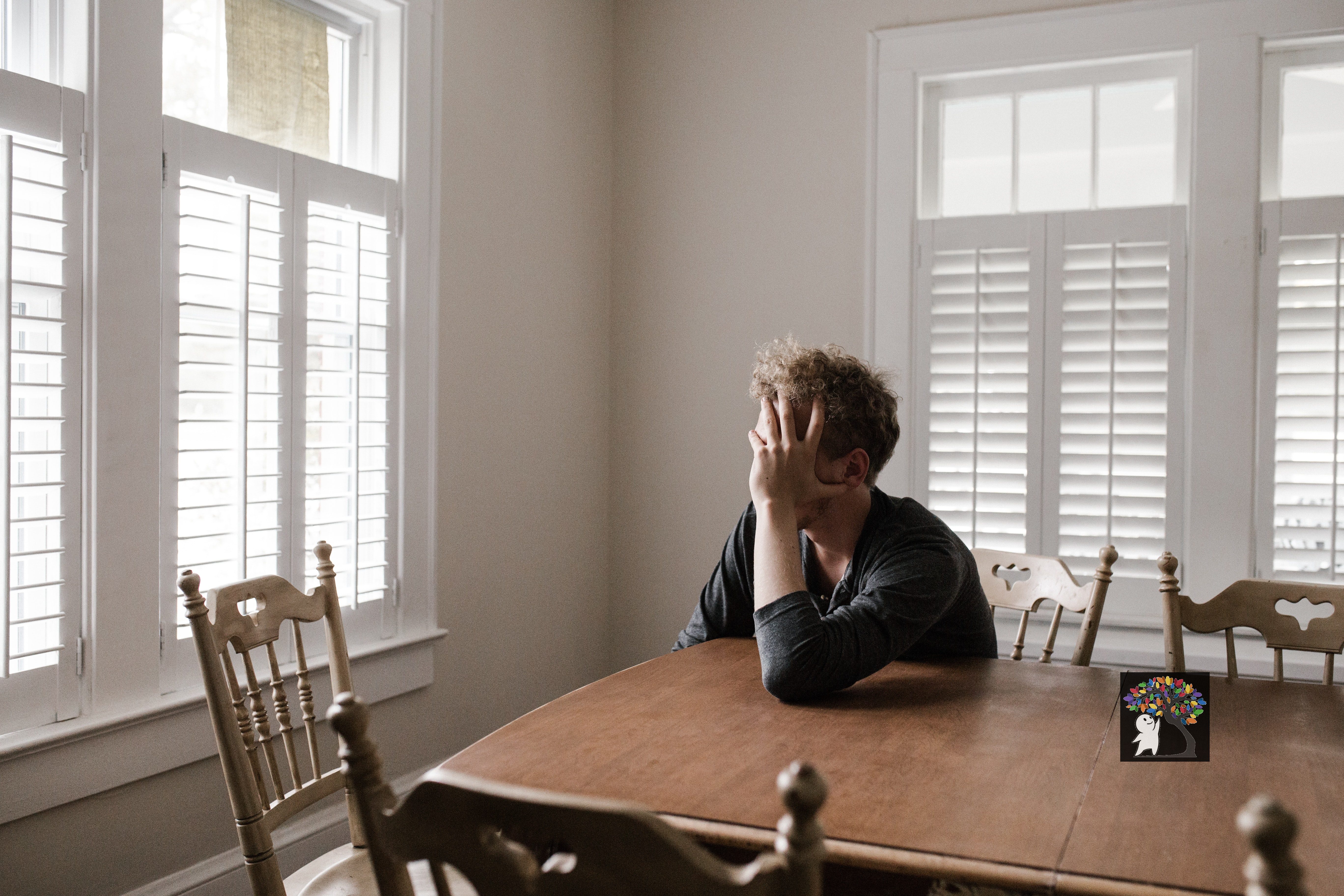7 Signs You’re Emotionally Burnt Out

Ever since the term was first coined by American psychologist Herbert Freudenberger back in the 1970s, burnout has been a popular topic of interest for many scholars in the field of psychology, especially those practicing in an industrial and educational setting. Emotional burnout is defined as a negative psychological state that may manifest physical, behavioral, and cognitive symptoms that impair our normal functioning and cause us severe distress (Leiter, Bakker, & Maslach, 2014).
No matter what you do or how you do it, stress is an inevitable part of life that we all have to deal with from time to time. It’s normal to feel exhaustion when you feel pressured or overwhelmed, and not at all a serious cause for concern. However, when stress gets out of hand and becomes too much for us to cope with, then it begins to put your mental health at risk.
Here are 7 signs that can help you tell if you’re emotionally burnt out:
1. You’re Chronically Fatigued
There’s a difference between being tired and fatigued. Both are responses to stressors, but tiredness goes away with the right amount of rest and recuperation, while fatigue is more enduring. When you’re emotionally burnt out, it can feel like no amount of food, sleep, or relaxation can make you feel better. You’re exhausted all the time and you don’t know what to do about it, because nothing you do seems to help.

2. You’re Not Taking Care of Yourself
Concerning changes in one’s eating and sleeping patterns are often the first and most prominent signs of emotional burnout. When you stop eating or sleeping right, it negatively impacts both your physical and mental health.People who feel emotionally exhausted often experience loss of appetite and difficulty sleeping or a lack of restful sleep (Kilgore, 2010; Polivy& Herman, 2005). Sometimes, some people even feel so drained that they stop showering, exercising, brushing their teeth, and dressing presentably altogether.

3. Your Performance is Declining
Have you noticed the quality or quantity of your work go down lately? Are you less productive at what you do? Try to compare your performance from a few months or years ago to how it is today and see if there’s a significant difference. Emotional burn out is a gradual process that takes place over an extended period of time, so it can be difficult to pinpoint when exactly your performance started to worsen. Looking at it from a long-term perspective can help you figure out whether or not you’ve just hit a temporary rough patch or if you’re already suffering emotional exhaustion.

4. You’re Emotionally Volatile
When you neglect your mental health and fail to satisfy your emotional needs, it’s harder for your mind to function as well as it used to, which may manifest as difficulty controlling and maintaining your emotions. If you’re suffering from emotional exhaustion, your feelings are likely all over the place. You become more sensitive and irritable, and may throw temper tantrums at the slightest provocation. Frustration, pessimism, guilt, and anger are common, as well as feelings of emptiness and dread. All of these are telltale signs that your mind is already crying for help.

5. You Feel Depressed
While the emotional outbursts and frequent mood swings mentioned above tend to come and go with emotional burn out, the feelings of depression don’t. When you’re feeling down more often than not, it’s time for you to start taking better care of yourself, mentally and emotionally. Being depressed and feeling depressed are two different things (one is a clinical diagnosis made by a professional, while the latter is an emotional state that comes and goes), but they are closely related. A lack of energy and motivation are to be expected in the early stages of burnout, but symptoms of anxiety and depression may develop over time if the problem is left untreated (Bianchi, Schonfeld, & Laurent, 2015).

6. You Don’t Have a Social Life
Emotional burnout is a very ugly and painful experience that often affects not just our mental health but our social functioning as well. In fact, social withdrawal and isolation is one of the worst consequences of poor mental health, causing a lot of people to suffer alone and in silence (Greenglass, Fiksenbaum, & Burke, 1996). Being emotionally burnt out can leave you with no energy or desire to spend time with your loved ones, so you tend to push away your friends and family without meaning to. You begin to neglect your social roles and duties (as a child, sibling, partner, and friend) and experience more interpersonal conflicts.

7. You Feel Hopeless
Finally, emotional burnout usually gives way to feelings of despair, emptiness, and detachment. You’ve spent so much of your time and energy mulling over all the things you need to do that you leave none for yourself and your well-being. You start to feel unfulfilled by the things that used to give your life meaning, and you find it hard to feel any sort of pleasure at all anymore because you fear that nothing you do will matter in the end. You don’t see the point of it all anymore so you give up.

In a culture that values achievement, success, and productivity, it’s easy to lose yourself in your work or your school. A lot of us have been brought up to believe that we must always push ourselves to excel and do our very best all the time. However, it’s important to know when to draw the line and find the time to care for ourselves and put our emotional needs first. Emotional burn out is an easy trap to fall into, but difficult to climb out of. Fortunately, though, it doesn’t just happen overnight. Recognize the signs of emotional burnout before it’s too late.
References:
- Leiter, M. P., Bakker, A. B., & Maslach, C. (Eds.). (2014). Burnout at work: A psychological perspective. Psychology Press.
- Polivy, J., & Herman, C. P. (2005). Mental health and eating behaviours: a bi-directional relation. Canadian Journal of Public Health/Revue Canadienne de Sante’e Publique, S43-S46.
- Bianchi, R., Schonfeld, I. S., & Laurent, E. (2015). Burnout–depression overlap: A review. Clinical psychology review, 36, 28-41.
- Greenglass, E., Fiksenbaum, L., & Burke, R. J. (1996). Components of social support, buffering effects and burnout: Implications for psychological functioning. Anxiety, stress, and coping, 9(3), 185-197.
- Cropanzano, R., Rupp, D. E., & Byrne, Z. S. (2003). The relationship of emotional exhaustion to work attitudes, job performance, and organizational citizenship behaviors. Journal of Applied psychology, 88(1), 160.



Responses